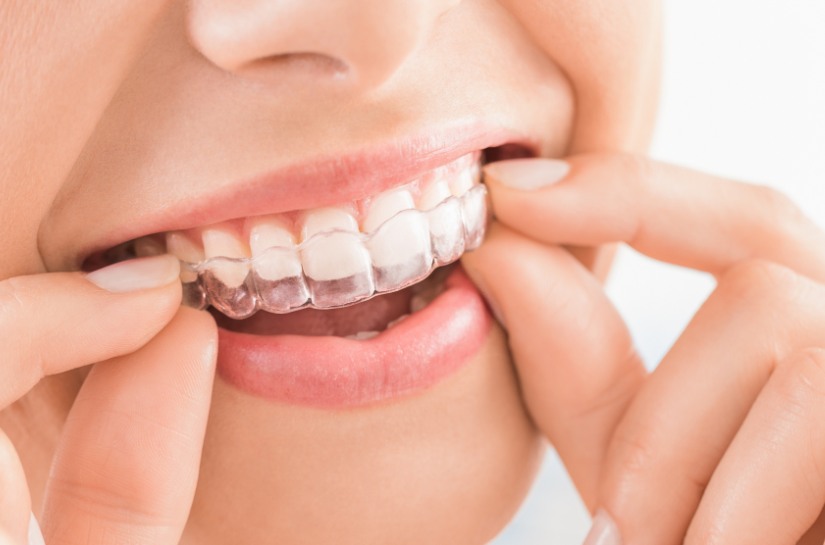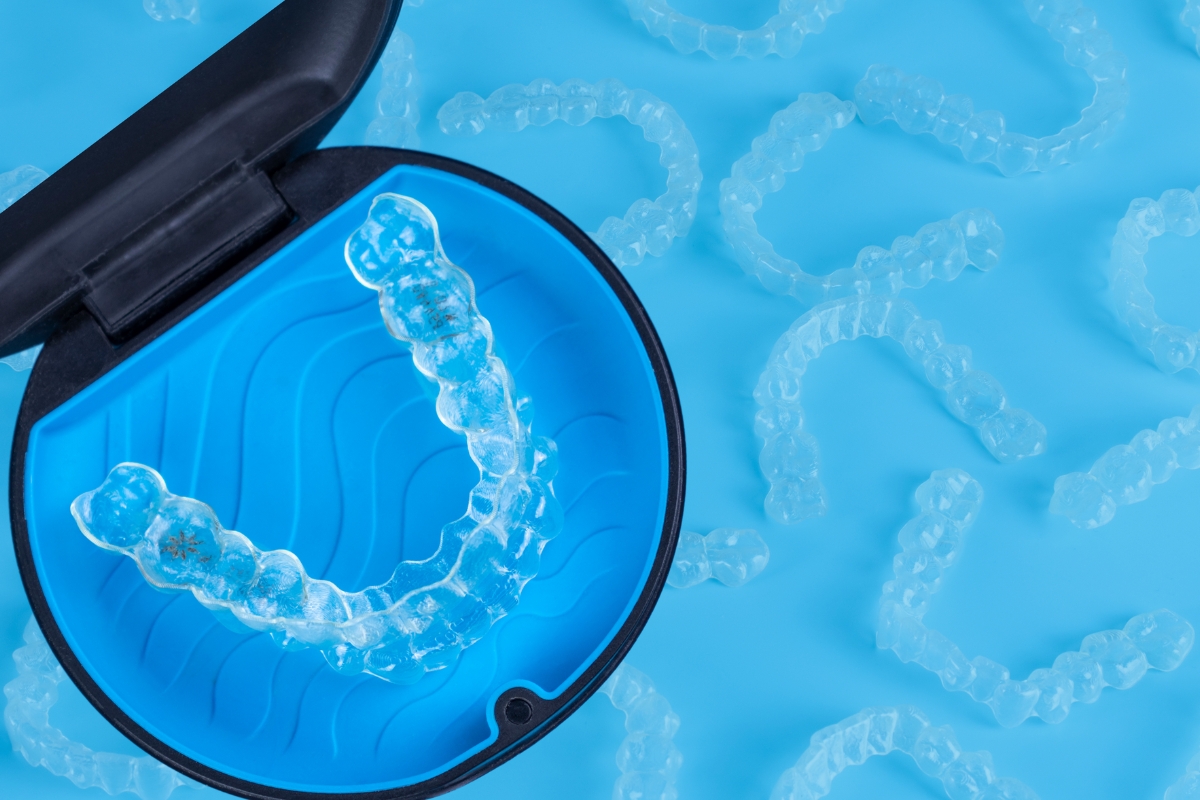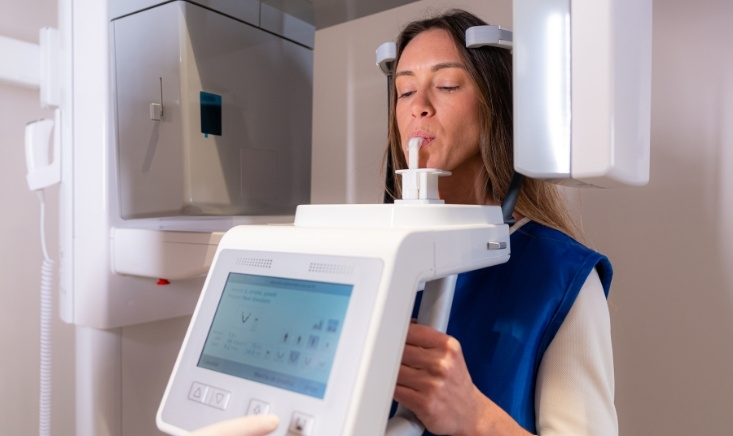1001 W Indiantown Rd, Ste 106, Jupiter, FL 33458
Flossing with Invisalign: Tips for Maintaining Oral Health

Flossing is a crucial aspect of oral hygiene, but what about when you’re wearing Invisalign? In this article, we’ll explore the importance of flossing with Invisalign aligners and provide practical tips to help you maintain optimal oral health throughout your treatment.
Understanding Invisalign
Invisalign is a popular orthodontic treatment that uses clear aligners to gradually straighten teeth. These aligners are custom-made to fit snugly over your teeth, providing a discreet and comfortable alternative to traditional braces. While Invisalign offers numerous benefits, it’s essential to maintain proper oral hygiene habits, including flossing, to ensure the success of your treatment.
Why Flossing Matters with Invisalign
Flossing is essential for everyone, but it becomes even more critical when you’re undergoing orthodontic treatment with Invisalign. The aligners create a snug fit around your teeth, which can make it challenging to remove food particles and plaque. If left unaddressed, these particles can accumulate, leading to cavities, gum disease, and other oral health issues. Therefore, doing floss regularly is vital for keeping your teeth and gums healthy throughout your Invisalign journey.
Tips for Flossing with Invisalign
When it comes to flossing with Invisalign, attention to detail is key for maintaining optimal oral hygiene throughout your orthodontic journey. Here’s an in-depth look at each tip to ensure effective flossing with your aligners:
- Use the Right Tools: Traditional dental floss may pose challenges when navigating around the wires and brackets of traditional braces. Opt for specialized tools like orthodontic flossers or water flossers with orthodontic tips. These instruments are specifically designed to ease the flossing process with braces or aligners, making it more efficient and effective.
- Floss Daily: Establish a consistent habit of flossing at least once daily, ideally before bedtime. This routine helps remove any food particles or plaque that may have accumulated throughout the day. By incorporating daily flossing into your oral care regimen, you ensure that your teeth and gums remain clean and healthy, minimizing the risk of dental issues during your Invisalign treatment.
- Take Your Time: Flossing with Invisalign may require a bit more patience and attention to detail compared to a floss without aligners. Take your time to thoroughly clean between each tooth and around the edges of the aligners. Careful and deliberate flossing ensures that you effectively remove debris and plaque, promoting optimal oral health and preventing potential complications.
- Be Gentle: While thoroughness is essential, it’s equally crucial to be gentle when flossing with Invisalign. Avoid applying excessive pressure, as this can potentially damage the aligners or cause irritation to your gums. Instead, use a gentle back-and-forth motion to glide the floss between your teeth, ensuring effective cleaning without causing harm.
- Rinse Afterwards: After completing the flossing process, rinse your mouth thoroughly with water. This step helps remove any loosened debris or bacteria, refreshing your breath and maintaining a clean oral environment. By rinsing after a floss, you promote overall oral hygiene and ensure that your mouth stays healthy throughout your Invisalign treatment.
Conclusion
Flossing is an integral part of maintaining good oral hygiene, especially when undergoing orthodontic treatment with Invisalign. By following these tips and incorporating flossing into your daily routine, you can ensure that your teeth and gums remain healthy throughout your Invisalign treatment journey.
For personalized dental care and expert guidance on maintaining oral health during Invisalign treatment, schedule a visit to Modern Dentistry of Jupiter. Our experienced team is dedicated to helping you achieve a healthy and beautiful smile. Contact us now to book your appointment!





